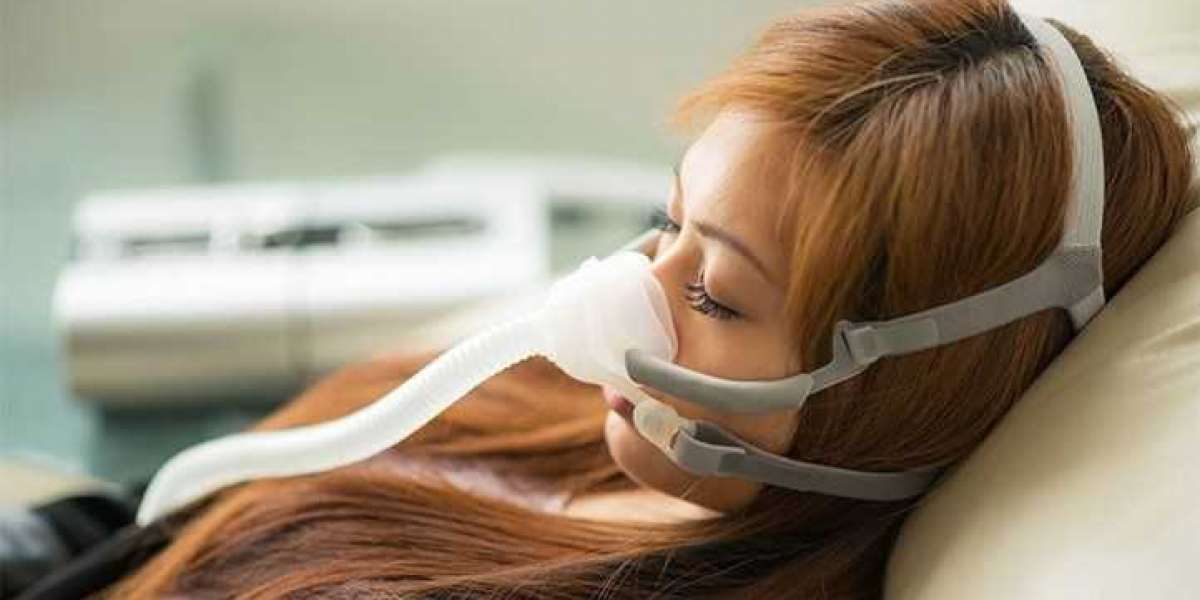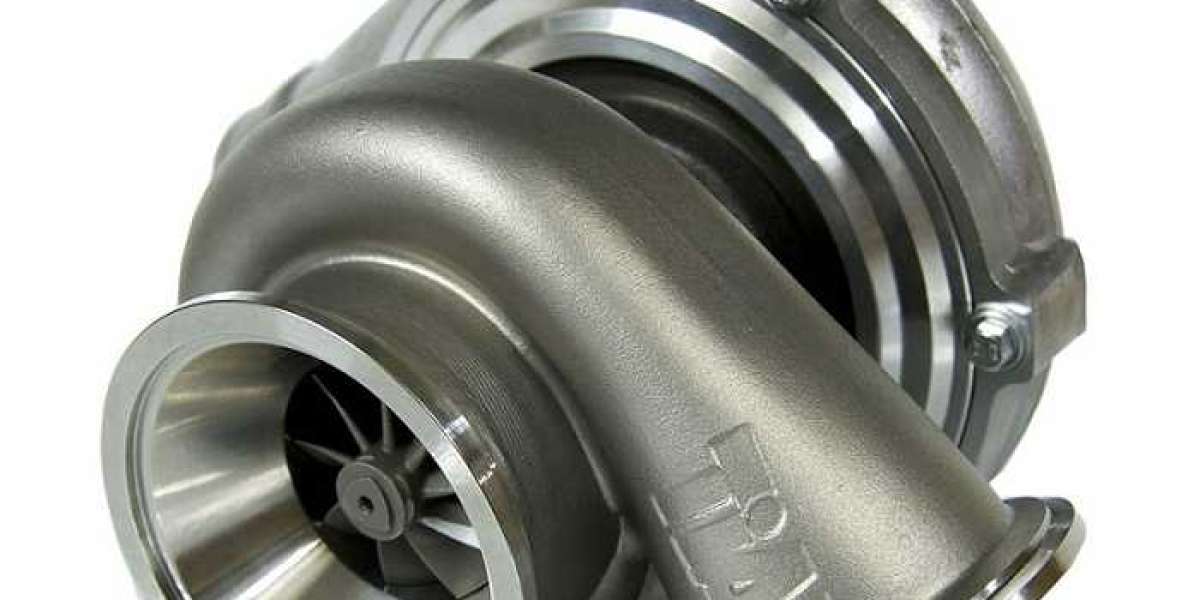Tired of feeling exhausted despite a full night's sleep? Sleep apnea might be the sneaky culprit disrupting your rest. But fear not, because in this article, we're diving into the world of sleep apnea treatments in Maricopa to help you find the solution that suits you best! Let's explore traditional CPAP therapy and alternative options that could have you snoozing soundly in no time.
Understanding Sleep Apnea
Sleep apnea, a common yet often undiagnosed sleep disorder, causes interruptions in breathing while you slumber. These pauses can happen multiple times throughout the night, leading to fragmented and poor-quality sleep. There are two main types of sleep apnea: obstructive sleep apnea (OSA) and central sleep apnea (CSA). OSA occurs when the airway becomes blocked during sleep, typically due to relaxed throat muscles. On the other hand, CSA happens when your brain fails to send proper signals to the muscles that control breathing. Symptoms of sleep apnea include loud snoring, daytime fatigue, morning headaches, and irritability.
Untreated sleep apnea can have serious health implications such as hypertension, heart disease, and diabetes. If you suspect you may have sleep apnea based on these symptoms or risk factors like obesity or family history, it's essential to consult with a healthcare professional for proper diagnosis and treatment options tailored to your needs.
The Traditional Treatment: CPAP Therapy
Sleep apnea is a common sleep disorder that affects many individuals, causing interruptions in breathing during the night. CPAP (Continuous Positive Airway Pressure) therapy is the traditional treatment for sleep apnea and has been widely used to help patients breathe more easily while they sleep.
CPAP therapy involves wearing a mask connected to a machine that delivers a continuous flow of air pressure into the throat, preventing the airway from collapsing. Many people find relief from their symptoms with CPAP therapy, experiencing improved quality of sleep and daytime alertness.
However, some individuals may find it challenging to adjust to wearing the mask or dealing with potential discomfort. Additionally, traveling with a CPAP machine can be cumbersome for some users. Regular cleaning and maintenance are also necessary to ensure effectiveness.
Despite these drawbacks, CPAP therapy remains one of the most effective treatments for sleep apnea due to its ability to keep the airway open throughout the night.
The Advantages and Disadvantages of CPAP Therapy
CPAP therapy, or Continuous Positive Airway Pressure therapy, is a common treatment for sleep apnea. One of its main advantages is its effectiveness in keeping the airways open during sleep, reducing pauses in breathing and improving overall quality of sleep. By delivering a constant flow of air through a mask worn over the nose or mouth, CPAP helps to prevent episodes of apnea and snoring.
On the flip side, some users find CPAP therapy uncomfortable or inconvenient due to issues like mask leakage, skin irritation from the mask straps, or feeling claustrophobic while wearing the device. Additionally, traveling with a CPAP machine can be cumbersome as it requires access to electricity for operation.
Despite these challenges, many individuals with sleep apnea find great relief and improved health through consistent use of CPAP therapy. It's important to work closely with healthcare providers to address any concerns and optimize your experience with this treatment option.
Alternative Treatments for Sleep Apnea
If CPAP therapy doesn't seem like the right fit for you, there are alternative treatments available for sleep apnea that might better suit your needs.
Oral appliances are one option that can help keep your airway open while you sleep. These devices are worn in the mouth to reposition the jaw and tongue, reducing obstruction during the night.
Positional therapy focuses on training individuals to sleep in positions that prevent their airways from becoming blocked. This approach can be helpful for those whose symptoms worsen when they sleep on their backs.
Surgery may be recommended in severe cases of sleep apnea where other treatments have not been effective. Procedures such as uvulopalatopharyngoplasty (UPPP) or maxillomandibular advancement surgery aim to increase the size of the airway passages.
Behavioral changes and home remedies, such as losing weight, quitting smoking, avoiding alcohol before bed, and maintaining a regular sleep schedule, can also play a role in managing sleep apnea symptoms.
Oral Appliances
For those with mild to moderate sleep apnea who find CPAP therapy cumbersome, oral appliances offer a more comfortable alternative. These devices are custom-made to fit your mouth and work by repositioning the jaw and tongue to keep the airway open during sleep.
Oral appliances are easy to use and portable, making them convenient for travel. They are also quiet compared to CPAP machines, which can be noisy. However, it's essential to consult with a dentist specializing in sleep apnea treatment before using an oral appliance.
While oral appliances can be effective for some individuals, they may not be suitable for everyone. It's crucial to undergo a proper evaluation by a healthcare professional to determine if this option is right for you. Regular follow-ups are necessary to ensure the device is still effective in treating your sleep apnea.
Positional Therapy
Positional therapy is an alternative approach to treating sleep apnea that focuses on adjusting your sleeping position to reduce the occurrence of breathing interruptions during the night. By encouraging you to sleep on your side rather than your back, positional therapy aims to keep your airways open and improve airflow while you sleep.
One common method used in positional therapy is wearing a special device or utilizing pillows that prevent you from rolling onto your back while asleep. These aids help train your body to maintain a side-sleeping position throughout the night, potentially reducing the severity of sleep apnea symptoms.
While positional therapy may not be effective for everyone with sleep apnea, it can be a non-invasive and cost-effective option worth exploring, especially for those with mild to moderate cases of the condition. It's essential to consult with a healthcare provider before starting any new treatment regimen to ensure it aligns with your individual needs and overall health goals.
Surgery
When it comes to treating sleep apnea, surgery is often considered a last resort option. Surgery for sleep apnea may involve procedures like uvulopalatopharyngoplasty (UPPP), tonsillectomy, or maxillomandibular advancement.
UPPP involves removing excess tissue at the back of the throat to widen the airway. Tonsillectomy is typically done in cases where enlarged tonsils are contributing to obstructive sleep apnea. Maxillomandibular advancement surgery repositions the upper and lower jaws forward to increase space in the airway.
While surgery can be effective for some individuals with sleep apnea, it does come with risks and potential side effects. Recovery from surgery can also be uncomfortable and may require a significant amount of downtime.
Before considering surgery as a treatment option for sleep apnea, it's important to consult with a healthcare provider specialized in sleep medicine to explore all available alternatives thoroughly.
Behavioral Changes and Home Remedies
When it comes to managing sleep apnea, incorporating behavioral changes and home remedies can play a significant role in improving your quality of sleep.
One effective change is maintaining a healthy weight through proper diet and regular exercise. Excess weight can exacerbate sleep apnea symptoms, so shedding those extra pounds can make a difference.
Another beneficial practice is establishing a consistent sleep schedule. Going to bed and waking up at the same time each day helps regulate your body's internal clock, promoting better rest.
Avoiding alcohol, smoking, and heavy meals close to bedtime also aids in minimizing the severity of sleep apnea episodes. These substances can relax the muscles in your throat, leading to increased airway obstruction during sleep.
Incorporating relaxation techniques like deep breathing exercises or meditation before bedtime may help reduce stress levels and improve overall sleep quality. Experiment with different methods to find what works best for you.
Choosing the Right Treatment for You
When it comes to selecting the most suitable treatment for your sleep apnea, there are various factors to consider. Think about your lifestyle and preferences – some treatments may be more convenient or comfortable for you than others.
Additionally, consult with your healthcare provider to determine the severity of your condition and which treatment options align best with your specific needs. Remember that what works for one person may not necessarily work for another.
It's essential to weigh the pros and cons of each treatment method carefully before making a decision. Consider factors such as effectiveness, comfort, ease of use, and potential side effects.
Choosing the right treatment for you is a personal decision that should take into account all aspects of your health and well-being. Prioritize finding a solution that not only addresses your sleep apnea effectively but also fits seamlessly into your daily routine.
Conclusion
When it comes to treating sleep apnea in Maricopa, there are various options available for individuals to explore. CPAP therapy remains the gold standard and most effective treatment for managing this condition. Its ability to keep the airways open during sleep has helped countless people improve their quality of rest and overall health.
However, alternative treatments like oral appliances, positional therapy, surgery, and behavioral changes also offer viable solutions for those who may not be able to tolerate or adhere to CPAP therapy.
The right treatment choice depends on individual preferences, severity of symptoms, lifestyle factors, and medical advice from healthcare providers specialized in sleep disorders. By understanding the different options available and consulting with professionals in Maricopa specializing in sleep apnea treatments, individuals can find a solution that suits their needs best.








